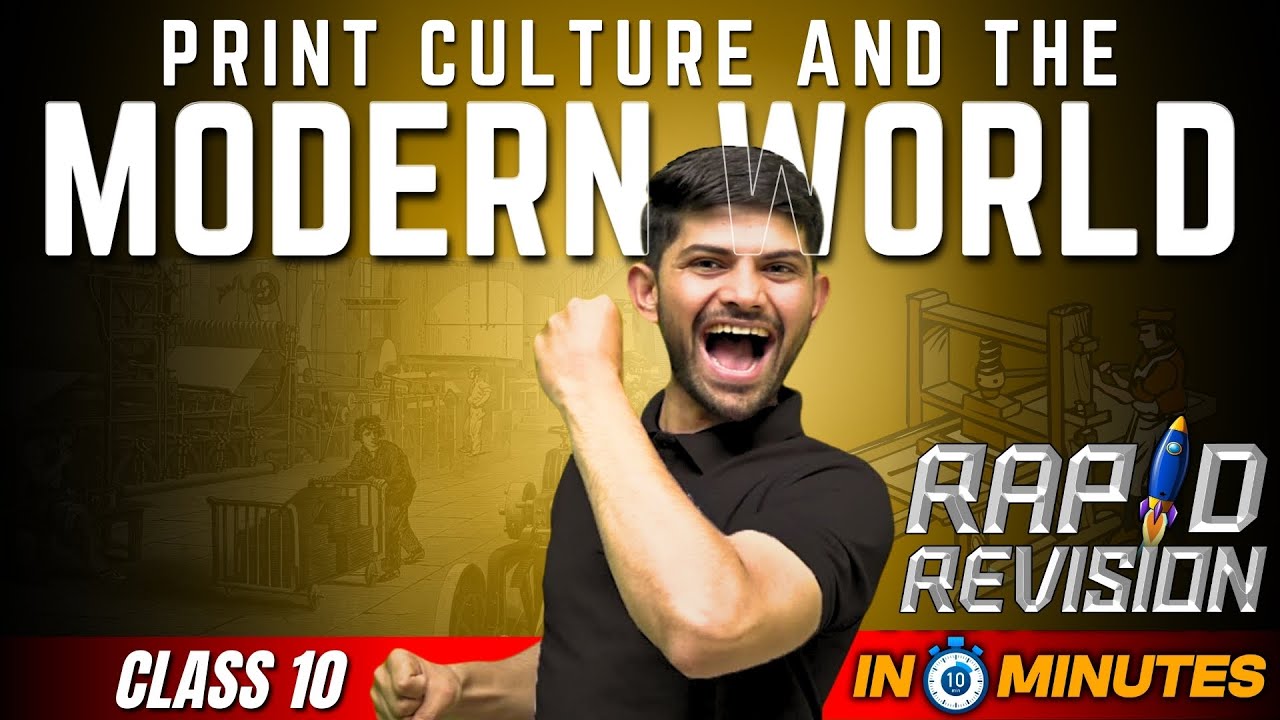Intro to Mass Communication
Summary
TLDRThis video script explores the evolution of mass communication from the printing press to the internet, emphasizing its profound impact on society. It discusses the commercial roots of mass communication, the industrialization of media, and the rise of electronic communication through telegraph, telephone, and radio. The script also covers the fragmentation of audiences due to new technologies like cable TV and the internet, leading to niche targeting and media convergence. It concludes by highlighting the importance of understanding media's role in shaping our world.
Takeaways
- 📚 The history of communication is marked by technological advancements that have accelerated the duplication and distribution of information, from the printing press to the internet.
- 🌐 The evolution of communication has been tied to societal development, with each era's technology reflecting the needs and progress of the time.
- 🔠 The discovery of the alphabet and writing systems was a pivotal moment, transitioning society from rich oral cultures to more permanent forms of record-keeping.
- 📰 The printing press revolutionized communication by enabling the mass production of exact message copies, diminishing the importance of oratory and scribes.
- 💼 The origins of mass communication are linked to commerce, with early newspapers focusing on business news and catering to the needs of merchants and shippers.
- 📡 The telegraph was a significant step in communication history, separating the need for physical transportation by allowing messages to travel electronically.
- 📞 Alexander Graham Bell's telephone introduced point-to-point communication, which evolved into broadcasting systems that could reach many recipients simultaneously.
- 📺 Television became the dominant mass communication medium in the 20th century, with a rapid adoption rate that transformed home entertainment.
- 📹 The rise of cable TV and satellite broadcasting in the late 20th century led to an explosion of channels, fragmenting the mass audience and giving rise to niche programming.
- 🌐 The internet has further transformed media, leading to a convergence of traditional and new media, and enabling global communication and content access.
- 🔮 Future media trends suggest a continued convergence of media forms, with individuals having unprecedented control over the content they consume and create.
Q & A
What is the significance of the printing press in the history of communication?
-The printing press was pivotal as it allowed for the mass reproduction of exact copies of a message, significantly increasing the capacity for one speaker to reach many listeners. It also initiated a commercial drive associated with mass communication, as the first newspapers were primarily about business news.
How did the telegraph revolutionize communication?
-The telegraph revolutionized communication by separating transportation from communication, allowing messages to move at speeds previously unheard of, which was a significant shift from the limitations imposed by horse-based transportation.
What was the initial perception and potential use of the telegraph?
-Initially, the telegraph was perceived as a device to improve public morality and education, and to uplift society by enabling instantaneous communication among the greatest minds in the country.
How did the telephone contribute to the development of mass communication?
-The telephone introduced point-to-point communication and paved the way for one-to-many voice communication, which eventually led to the development of radio as a mass communication medium.
What was the impact of television on mass communication in the 1950s?
-In the 1950s, television became the dominant medium of mass communication, quickly becoming widely available and creating a national cultural experience through a homogenized mass audience.
How did the advent of cable television change the media landscape?
-Cable television introduced a broader spectrum capacity, allowing for more television and radio stations, which led to the fragmentation of the mass audience and the rise of niche services catering to specific demographics.
What is the concept of fractionalization in the context of media?
-Fractionalization refers to the increase in the number of media channels offered to consumers, leading to a more diverse and targeted range of content, as opposed to a homogenized mass audience.
How has globalization affected the media industry?
-Globalization has made media a global phenomenon, with media conglomerates operating on an international scale and foreign markets becoming increasingly important for revenue generation.
What is the concept of conglomeration in the media industry?
-Conglomeration in the media industry refers to the blurring of boundaries between different sectors such as movies, television, computers, and telephone, with media companies moving their material across these media boundaries.
How does understanding media history help us comprehend its impact on society?
-Understanding media history allows us to recognize how each new communication medium has transformed society and culture, and it enables us to be more aware of the constructed environment of symbols that media presents to us.
What is the future outlook for media as described in the script?
-The future outlook for media includes continued merging and growth, with profound impacts on culture, potentially leading to a world where all forms of information and entertainment are accessible through a single channel, allowing for personalized and on-demand content consumption.
Outlines

此内容仅限付费用户访问。 请升级后访问。
立即升级Mindmap

此内容仅限付费用户访问。 请升级后访问。
立即升级Keywords

此内容仅限付费用户访问。 请升级后访问。
立即升级Highlights

此内容仅限付费用户访问。 请升级后访问。
立即升级Transcripts

此内容仅限付费用户访问。 请升级后访问。
立即升级浏览更多相关视频

History of Mass Media | Intro to Human Communication | Study Hall

Print Culture and The Modern World | 10 Minutes Rapid Revision | Class 10 History

Vídeo - Sociedade da Informação

HISTORIA DE LOS MEDIOS DE COMUNICACIÓN

Science, Technology and Society - The Information Age (Gutenberg to Social media)

Print Culture and The Modern World Class 10 full chapter (Animation) | Class 10 History Chapter 5
5.0 / 5 (0 votes)
